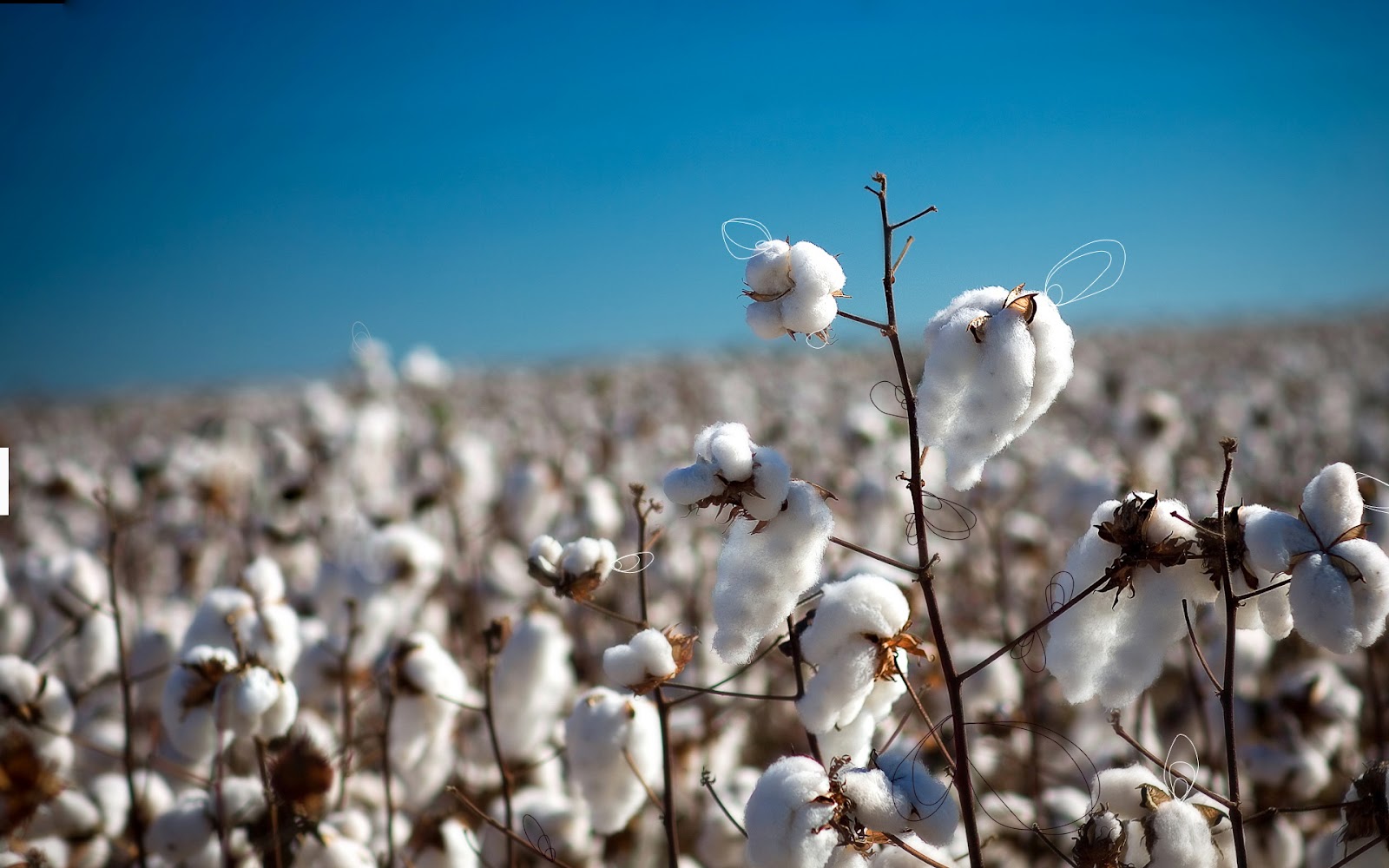Maybe you’ve been wondering what exactly organic cotton is or how it differs from the cotton that you may be used to. Organic cotton is much safer for our environment as well as ourselves and in no way interferes with the overall quality of its products. In fact, organic cotton fabric is generally much softer than non-organic.
Organic cotton is simply cotton that has been grown in a way that does as little damage to the environment as possible. This means there are no toxins, pesticides or synthetic fertilizers used. According to the Organic Trade Association, “organic practices can remove about 7,000 pounds of carbon dioxide from the air each year and sequester it in an acre of farmland. Thus, Rodale estimates that if all 434 million acres of U.S. cropland were converted to organic practices, it would be the equivalent of eliminating 217 million cars—nearly 88 percent of all cars in the country today and more than a third of all the automobiles in the world.” Amazing!
Organic cotton is used to make all sorts of things such as sanitary products, ear swabs, home furnishings, toys and clothing. When shopping for organic products, look for labels such as “USDA Organic”, or “100% Organic”. All cotton sold as organic in the United States must meet strict federal regulations covering how the cotton is grown.
So why should you consider organic fabric? Besides looking after the environment, going organic means putting yourself at fewer health risks. Cotton that is grown with pesticides and heavy fertilizers release toxic chemicals into the very air we breathe! This eco-friendly fabric is stronger and more durable thanks to its extra-long fibers. Also, organic cotton fabrics are often wrinkle free so that means less ironing for you!
Organic Shopping
Bib front organic dress size S & M, 145 GBP
Bassike Oversized organic cotton T-shirt, $135
Loomstate soft grey organic cotton ‘What Comes Natural’ t-shirt, $36
Patagonia Women’s Simply Organic Tee, $39
Jackets – Fair trade, organic & sustainable products, 65 GBP
Helpful links:
http://www.ams.usda.gov/nop/
http://www.ota.com
http://www.fibre2fashion.com



Using organic cotton prevents insecticides and pesticides from being sprayed in the air which saves our atmosphere.
Organic Cotton Bedding
That is so true. Here are some facts I wrote about in an older post: Agriculture for conventional cotton is responsible for approx 25% of the insecticides and approx 10% of all pesticides used worldwide. Some of these chemical used are the most toxic in the world. 5.5 kilos of chemicals are used for one acre of cotton grown. This translates into half a kilo of chemicals used to make one set of bed sheets!